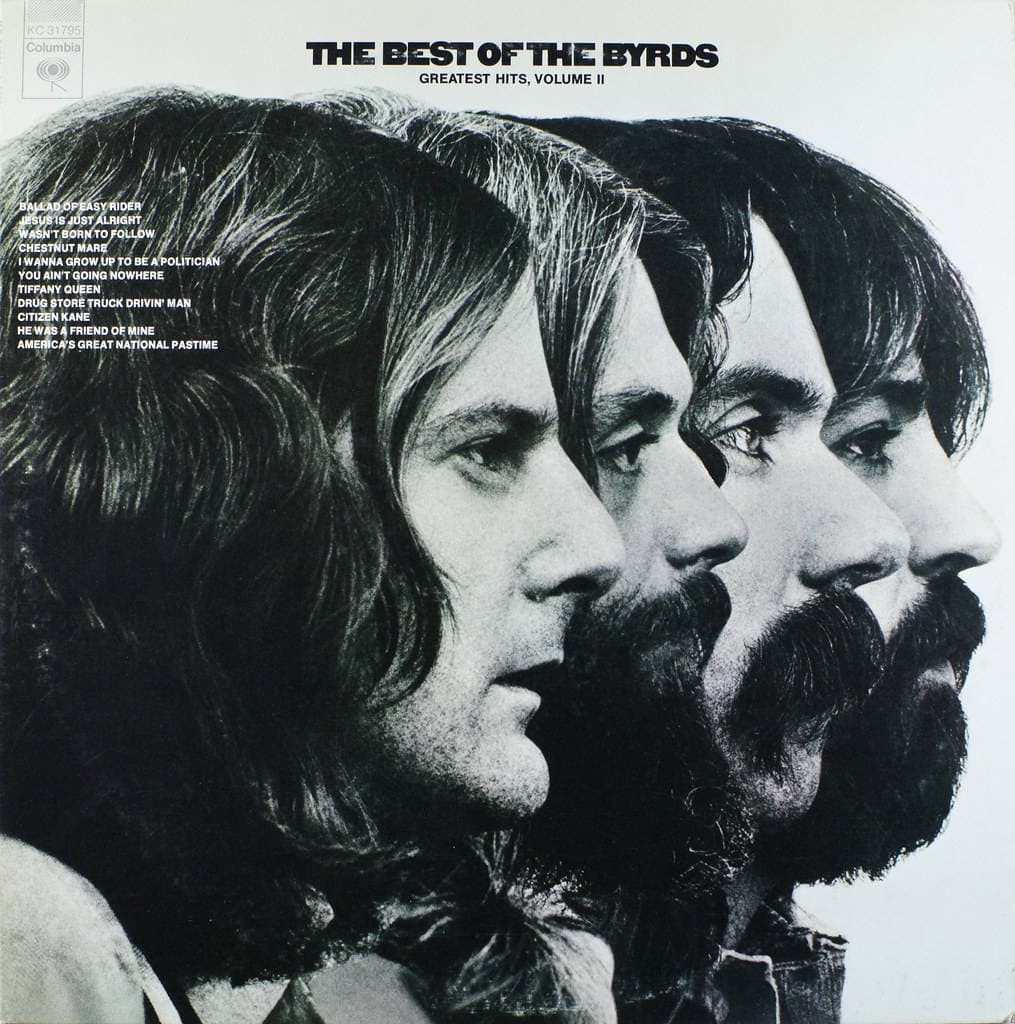
“Wasn’t Born to Follow”: The Byrds’ Anthem of Freedom and Psychedelic Wonder
Released in 1968 on The Byrds’ groundbreaking album The Notorious Byrd Brothers, “Wasn’t Born to Follow” stands as a quintessential expression of the countercultural spirit of the 1960s. Written by the prolific songwriting duo Gerry Goffin and Carole King, the song combines dreamy lyrics with the band’s signature fusion of folk-rock and psychedelia, creating an evocative piece about the longing for freedom and individuality. Though not initially a massive chart hit, the track gained renewed cultural significance when it was featured in the 1969 film Easy Rider, cementing its reputation as an anthem of the era.
At its core, “Wasn’t Born to Follow” is a song about rejecting societal expectations and embracing life on one’s own terms. The lyrics explore the desire to break free from conformity and seek a more meaningful, personal connection with the world. Lines like “And I’ll try to find me a space to live in / A place where I can breathe” capture the restless spirit of a generation that felt stifled by traditional norms. This message resonated deeply with listeners who were searching for spiritual liberation, making the song a perfect fit for the counterculture movement of the late ’60s.
Musically, The Byrds blend several elements that had become their trademarks by this point in their career. The song features Roger McGuinn’s shimmering 12-string Rickenbacker guitar, which provides a jangly, otherworldly sound that was central to the band’s identity. The guitar riffs float alongside gentle percussion and lush harmonies, creating an ethereal quality that reflects the dreamy nature of the lyrics. This layered, textural sound helps to transport the listener, evoking the sense of drifting through open landscapes—both literal and metaphorical.
One of the most striking features of “Wasn’t Born to Follow” is its psychedelic interlude, which showcases the band’s willingness to experiment with sound. As the song progresses, it briefly dissolves into swirling, experimental noise, with distorted guitars and shifting rhythms. This moment, though brief, exemplifies the exploratory spirit of The Byrds at the time, as they moved beyond their folk-rock roots into more ambitious sonic territory. The interlude serves as a metaphor for the freedom the song’s narrator seeks, as it breaks away from traditional song structure, just as the protagonist longs to escape societal constraints.
Though “Wasn’t Born to Follow” was not released as a single, it found a second life when it was prominently featured in Easy Rider, the seminal road movie about two bikers on a journey through America in search of freedom. The film’s themes of escape and personal discovery aligned perfectly with the song’s message, and its inclusion in a key scene gave the track new meaning and visibility. For many listeners, “Wasn’t Born to Follow” became synonymous with the spirit of the open road, reinforcing the song’s association with freedom and exploration.
The Byrds’ performance of “Wasn’t Born to Follow” reflects the tension and transformation the band was undergoing at the time. By 1968, The Byrds had seen several key lineup changes, including the departure of founding members David Crosby and Gene Clark. Despite these shifts, the group remained committed to pushing musical boundaries. The Notorious Byrd Brothers album, which houses “Wasn’t Born to Follow,” is a testament to the band’s resilience and artistic evolution, combining elements of folk, rock, psychedelia, and even country in ways that were ahead of their time.
While the song didn’t achieve the commercial success of earlier Byrds hits like “Mr. Tambourine Man” or “Turn! Turn! Turn!”, its influence has endured. “Wasn’t Born to Follow” has been covered by several artists over the years, further testament to its timeless appeal. Its blend of lyrical depth, musical experimentation, and cultural relevance ensures that it continues to resonate with listeners, especially those who feel drawn to themes of personal freedom and self-discovery.
In retrospect, “Wasn’t Born to Follow” captures the essence of both The Byrds and the 1960s itself. It’s a song that transcends its time, offering listeners an invitation to step outside the ordinary and embark on their own journeys, wherever they may lead. The yearning for freedom expressed in the song is universal and timeless, ensuring that it remains as relevant today as it was over five decades ago.